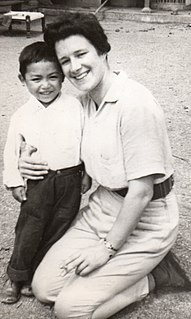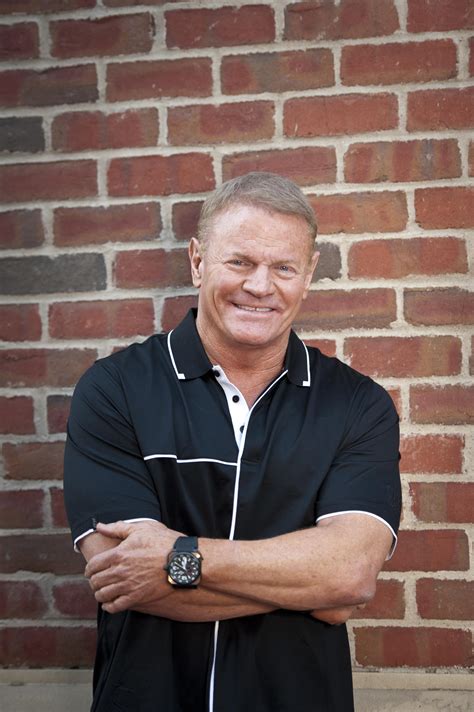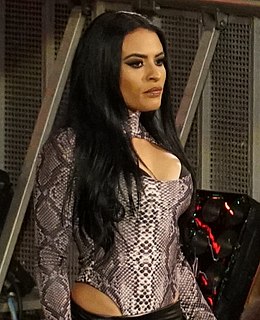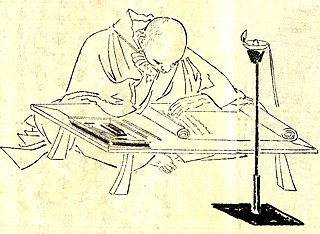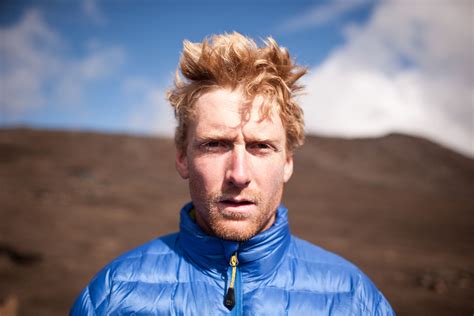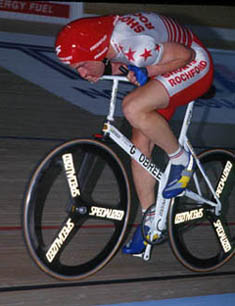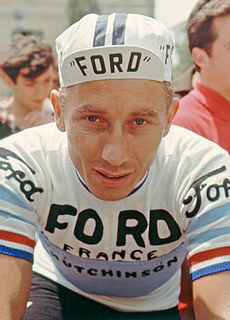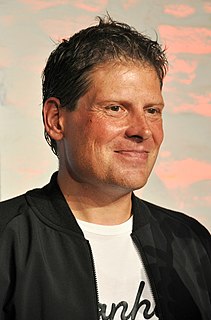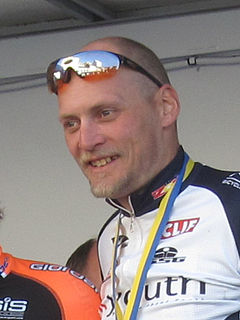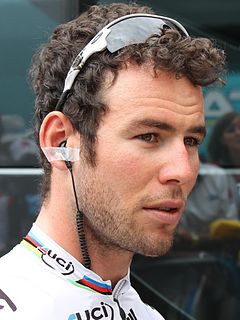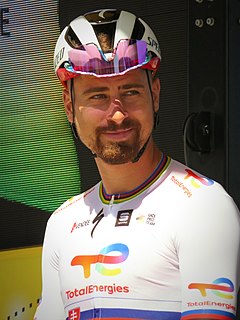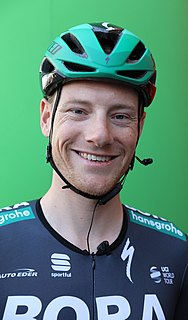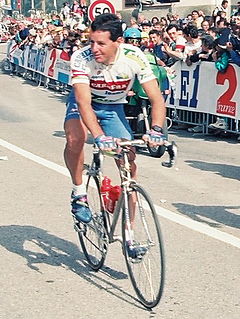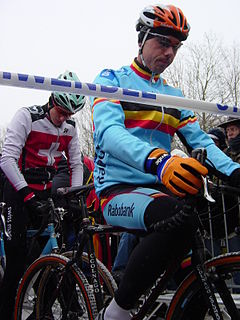A Quote by Dervla Murphy
perhaps there is something more than courtesy behind the dissembling reticence of childhood. ... Most artists dislike having their incomplete work considered and discussed and this analogy, I think, is valid. The child is incomplete, too, and is constantly experimenting as he seeks his own style of thought and feeling.
Related Quotes
Each and every incomplete thing in your life or work exerts a draining force on you, sucking the energy of accomplishment and success out of you as surely as a vampire stealing your blood. Every incomplete promise, commitment and agreement saps your strength, because it blocks your momentum, inhibits your ability to move forward, to progress and improve. Incomplete things keep calling you back to the past to take care of them.
It is true that of far the greater part of things, we must content ourselves with such knowledge as description may exhibit, or analogy supply; but it is true likewise, that these ideas are always incomplete, and that at least, till we have compared them with realities, we do not know them to be just. As we see more, we become possessed of more certainties, and consequently gain more principles of reasoning, and found a wider base of analogy.
Almost every work of art is an analogy. When I make a representation of something, this too is an analogy to what exists; I make an effort to get a grip on the thing by depicting it. I prefer to steer clear of anything aesthetic, so as not to set obstacles in my own way and not to have the problem of people saying: 'Ah, yes, that's how he sees the world, that's his interpretation.'
The fact is that the beautiful, humanly speaking, is merely form considered in its simplest aspect, in its most perfect symmetry, in its most entire harmony with our make-up. Thus the ensemble that it offers us is always complete, but restricted like ourselves. What we call the ugly, on the contrary, is a detail of a great whole which eludes us, and which is in harmony, not with man but with all creation. That is why it constantly presents itself to us in new but incomplete aspects.
I loved reading Grimm's fairy tales and Hans Christian Andersen, and I loved to dream about other worlds and other lives. Maybe that has something to do with having an incomplete family, being an only child. All I know is I loved to pretend, and all that was in tandem with my wanting to be an actress.
